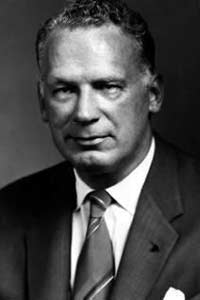A Quote by David Olusoga
Historians spend their days engaged in the literally endless task of reshaping and expanding our view of the past, while statues are fixed and inflexible.
Related Quotes
Most academic historians accept that historians' own circumstances demand that they tell the story in a particular way, of course. While people wring their hands about 'revisionist' historians; on some level, the correction and amplification of various parts of the past is not 'revisionism' as it is simply the process of any historical writing.
Our ability to understand ourselves is now expanding beyond the information that we can receive from our five senses. We're becoming aware of ourselves as more than minds and bodies. We are becoming aware of ourselves as souls while we simultaneously have personalities and walk upon the earth. That is the huge transformation that is reshaping the human experience - the expansion of our perceptual capability beyond the five senses. We're becoming multisensory.
These ceremonies and the National Statuary Hall will teach the youth of the land in succeeding generations as they come and go that the chief end of human effort in a sublunary view should be usefulness to mankind, and that all true fame which should be perpetuated by public pictures, statues, and monuments, is to be acquired only by noble deeds and high achievements and the establishment of a character founded upon the principles of truth, uprightness, and inflexible integrity.
I don't think much new ever happens. Most of us spend our days the same way people spent their days in the year 1000: walking around smiling, trying to earn enough to eat, while neurotically doing these little self-proofs in our head about how much better we are than these other slobs, while simultaneously, in another part of our brain, secretly feeling woefully inadequate to these smarter, more beautiful people.
Our American past always speaks to us with two voices: the voice of the past, and the voice of the present. We are always asking two quite different questions. Historians reading the words of John Winthrop usually ask, What did they mean to him? Citizens ask, What do they mean to us? Historians are trained to seek the original meaning; all of us want to know the present meaning.







































